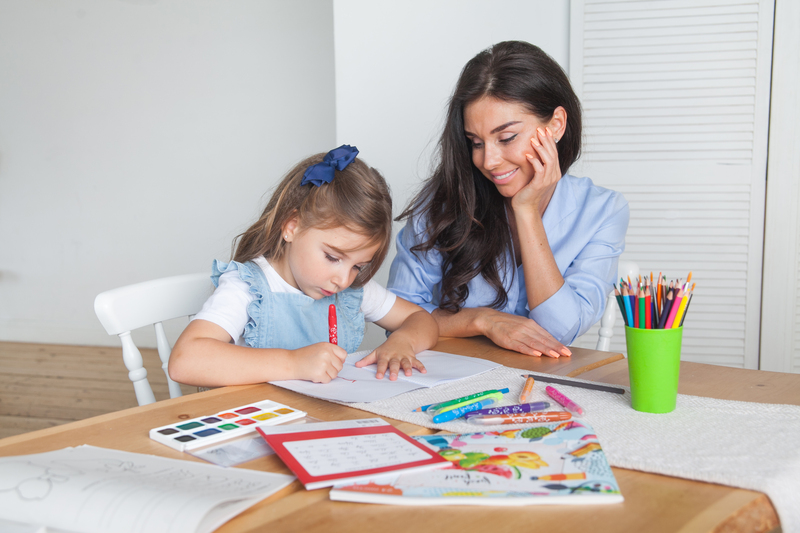Discover why emotional safety in education matters for your child’s development, learning, and confidence—plus practical ways to ensure it.

Why Emotional Safety in Education Matters
Neuroscience and psychology confirm that children absorb more information when they feel safe and emotionally secure. When kids feel judged, pressured, or ignored, their cognitive processing shuts down—leaving them anxious and disengaged.
A classroom that promotes trust, kindness, and understanding helps children become:
- More confident learners
- More open to feedback
- More resilient in the face of challenges
A child who feels emotional safety in education is a child who is ready to learn.
Common Challenges Parents Face
Many parents today find themselves torn between the need for academic excellence and emotional well-being. Common concerns include:
- Lack of transparency in academic progress
- Poor communication with teachers
- Overemphasis on results instead of understanding
- Fear of burnout or emotional withdrawal in children
These worries are valid—and stem from experiences with high-pressure academic environments.
What an Emotionally Safe Learning Space Looks Like

Here’s how emotionally secure environments differ from traditional ones:
| Traditional Learning Environment | Emotionally Safe Environment |
|---|---|
| Group-based, result-focused | Individual understanding and growth |
| Comparison and competition | Supportive and non-judgmental |
| Emphasis on outcomes | Emphasis on process and effort |
| One-size-fits-all | Personalized emotional support |
| Fear-based motivation | Encouragement and empathy |
Children in emotionally secure settings don’t fear failure—they see it as part of growth.
What You Can Do as a Parent

Here are a few ways to support your child’s emotional safety in their education:
- Prioritize schools or tutors that encourage open communication
- Ask your child about how they feel, not just how they perform
- Collaborate with teachers as partners, not evaluators
- Avoid comparing your child’s performance with others
- Reinforce that trying matters more than winning
Explore more ways to build confidence in children.

Frequently Asked Questions
❓ Why is emotional safety more important than grades?
Grades are just one part of a child’s development. Emotional well-being impacts their confidence, relationships, and lifelong learning ability.
❓ How do I know if my child feels emotionally unsafe?
Signs include hesitation to go to school, frequent stomach aches or headaches, low self-esteem, or saying “I can’t do anything right.”
❓ Can emotional support improve academic results?
Yes! Numerous studies show that emotionally secure students perform better academically because they’re more focused, less stressed, and more open to learning.
❓ Is emotional safety only the teacher’s responsibility?
No, it’s a collaborative effort between educators, school leadership, parents, and even peers. Emotional safety begins at home and continues at school.
❓ Does emotional safety differ for different age groups?
Yes. While young children need nurturing and validation, teenagers require trust, autonomy, and respectful guidance. The core principles remain, but strategies may vary.
❓ How can teachers create an emotionally safe environment in the classroom?
Teachers can create emotionally safe classrooms by actively listening, showing empathy, setting clear expectations, and consistently addressing bullying or exclusion. They should also celebrate effort over results, use inclusive language, and build strong student-teacher relationships. Simple practices like greeting students by name and allowing them to share feelings can go a long way in creating trust and belonging.
❓ Can emotional safety help children with learning difficulties?
Yes. Emotional safety is especially important for students with learning difficulties, as they may already feel insecure or different. A supportive environment encourages them to take part in learning without fear of judgment, which boosts their engagement, self-worth, and overall performance.
Final Thoughts
In the pursuit of academic success, emotional well-being should never take a back seat. When children feel emotionally safe, they:
- Ask more questions
- Engage deeply
- Bounce back from setbacks
If there’s one change we can make to redefine education, it’s replacing pressure with empathy. Because a nurtured child today is a confident adult tomorrow.
Explore more blogs:
- https://swottersacademy.com/screen-time-for-kids/
- https://swottersacademy.com/why-one-to-one-tutoring-is-the-future-of-online-education
- https://swottersacademy.com/identify-your-childs-learning/
- https://swottersacademy.com/5-proven-tips-to-make-learning-fun-and-engaging-for-kids-at-home/
- https://swottersacademy.com/how-to-overcome-exam-anxiety-and-perform-your-best/

0 Comments